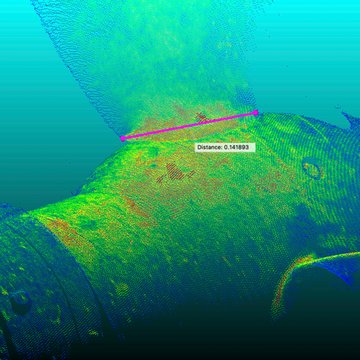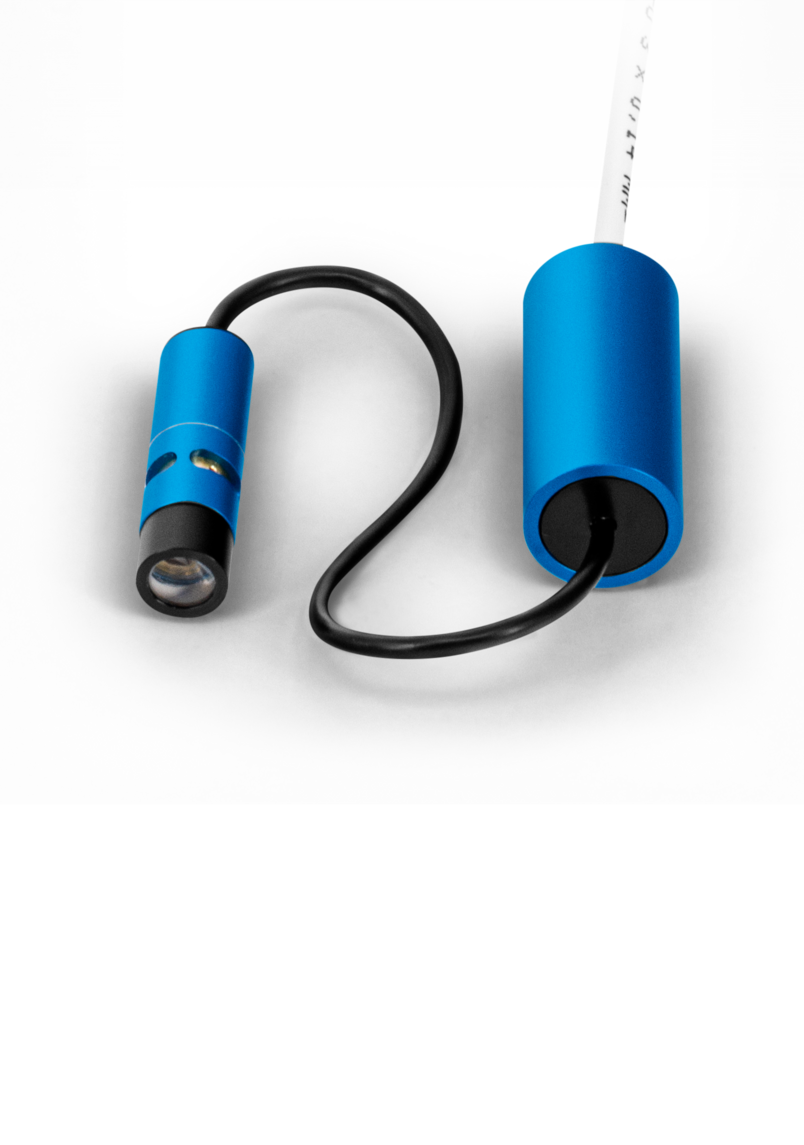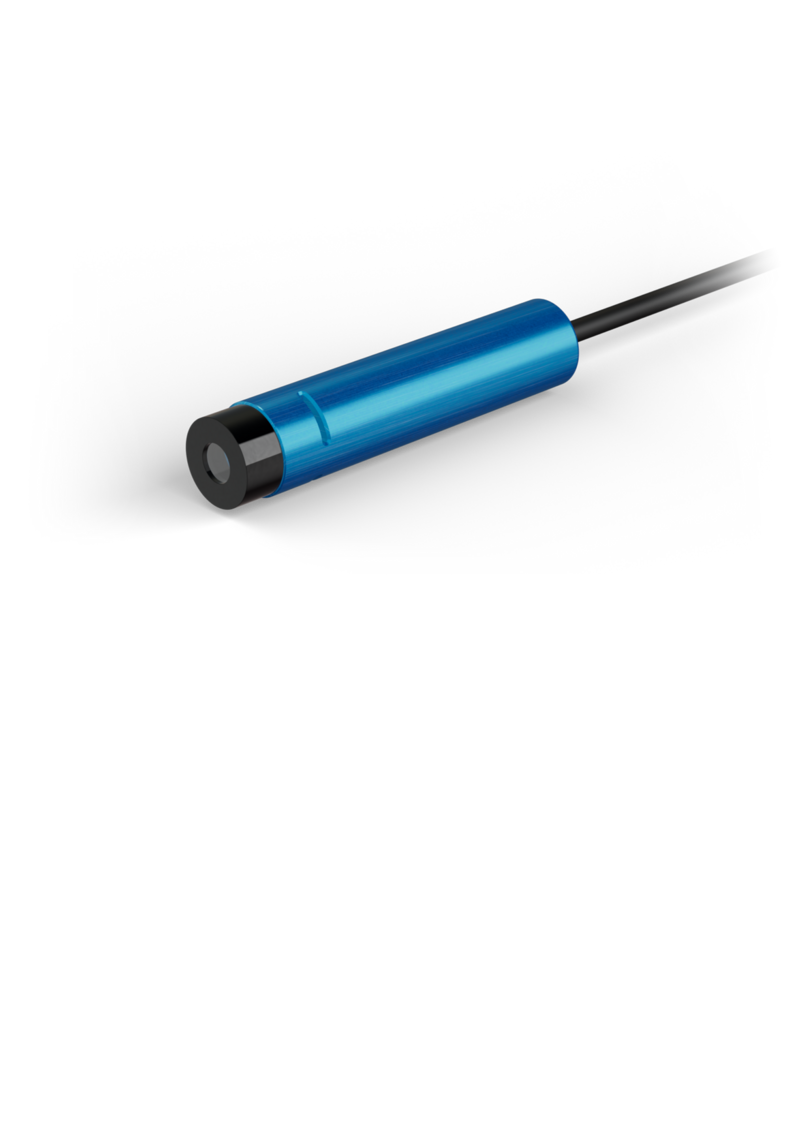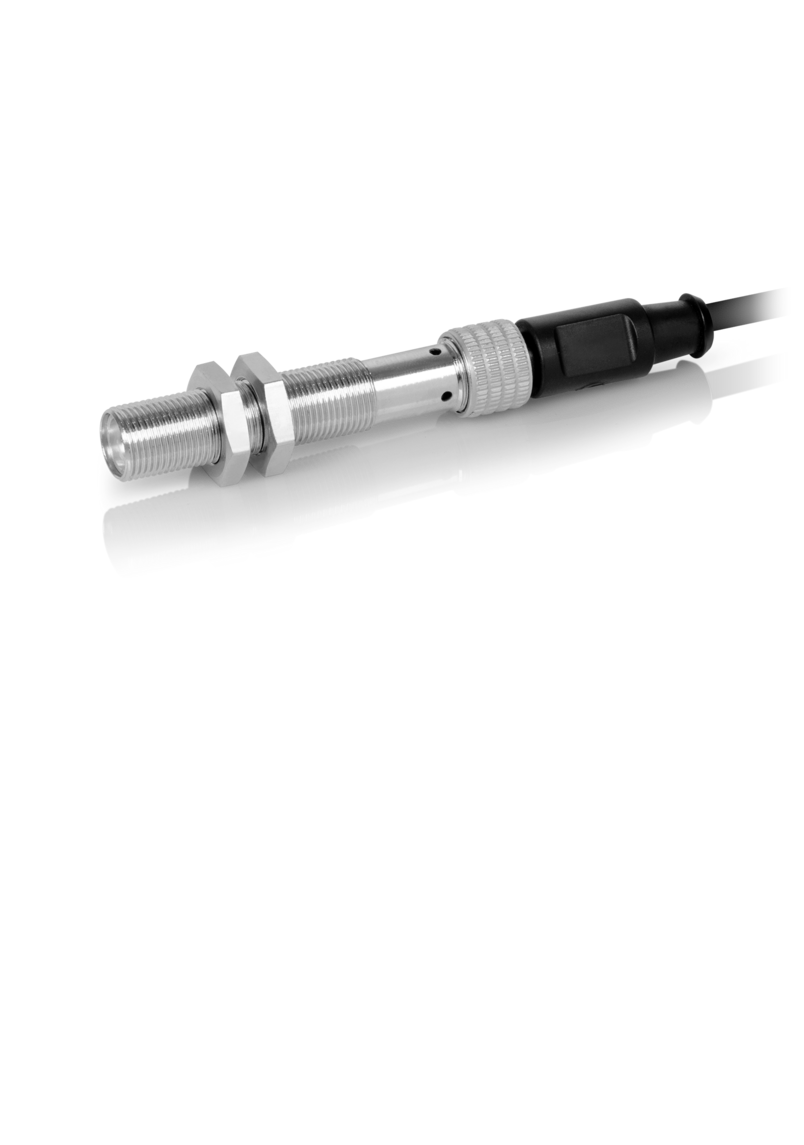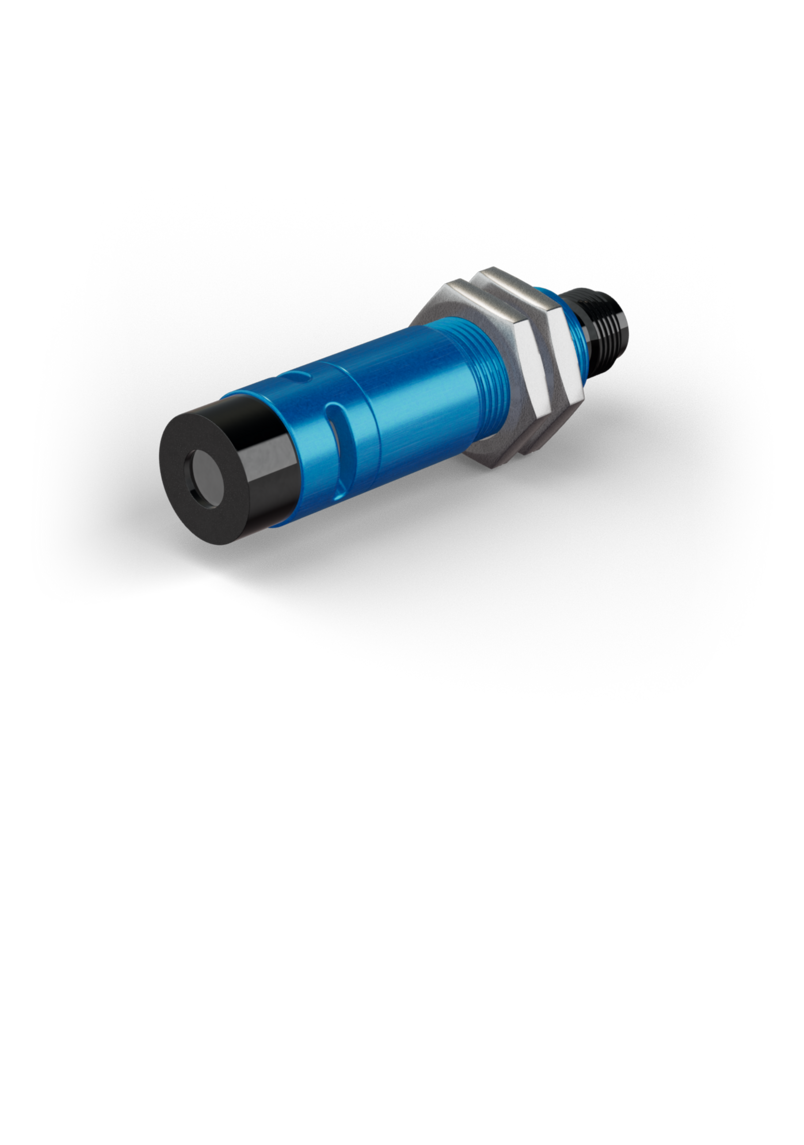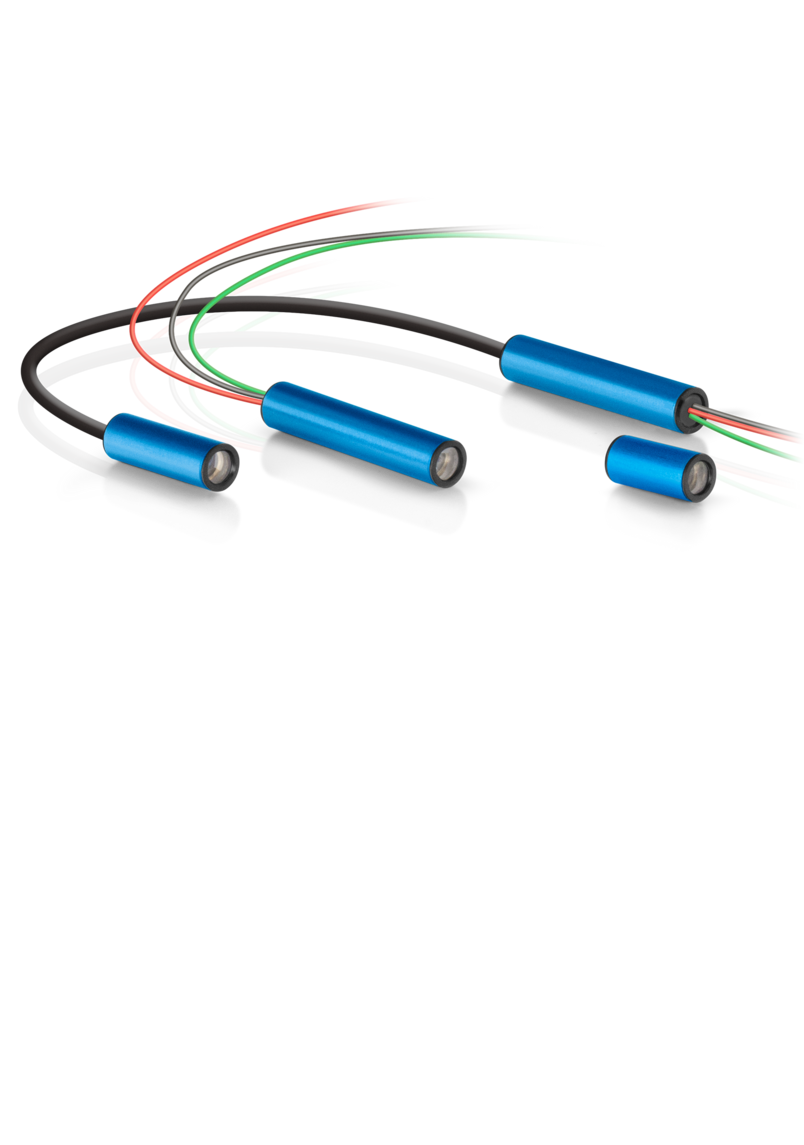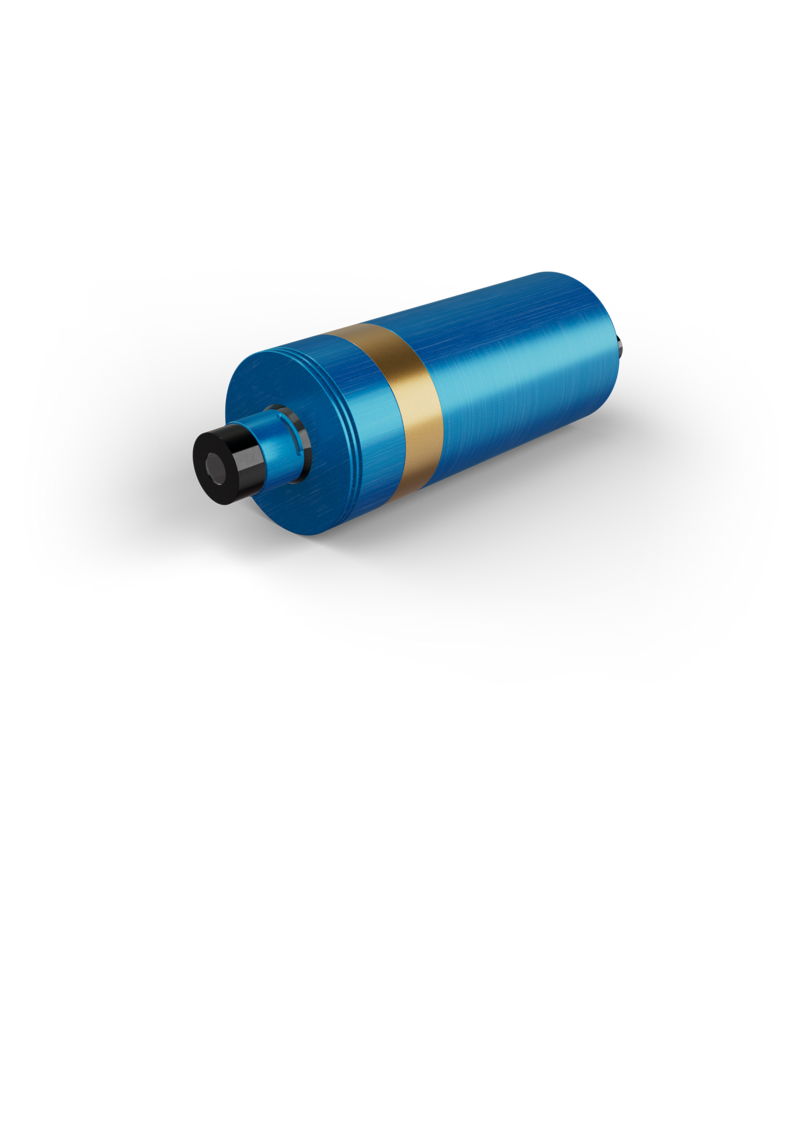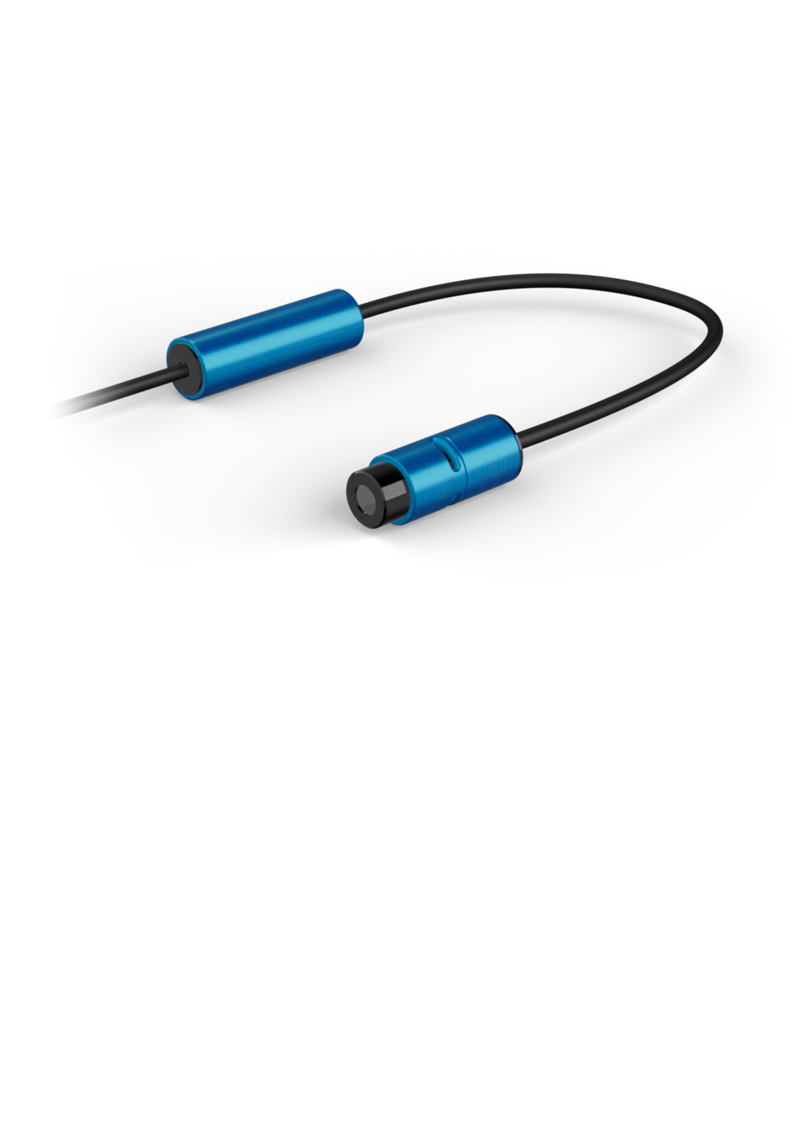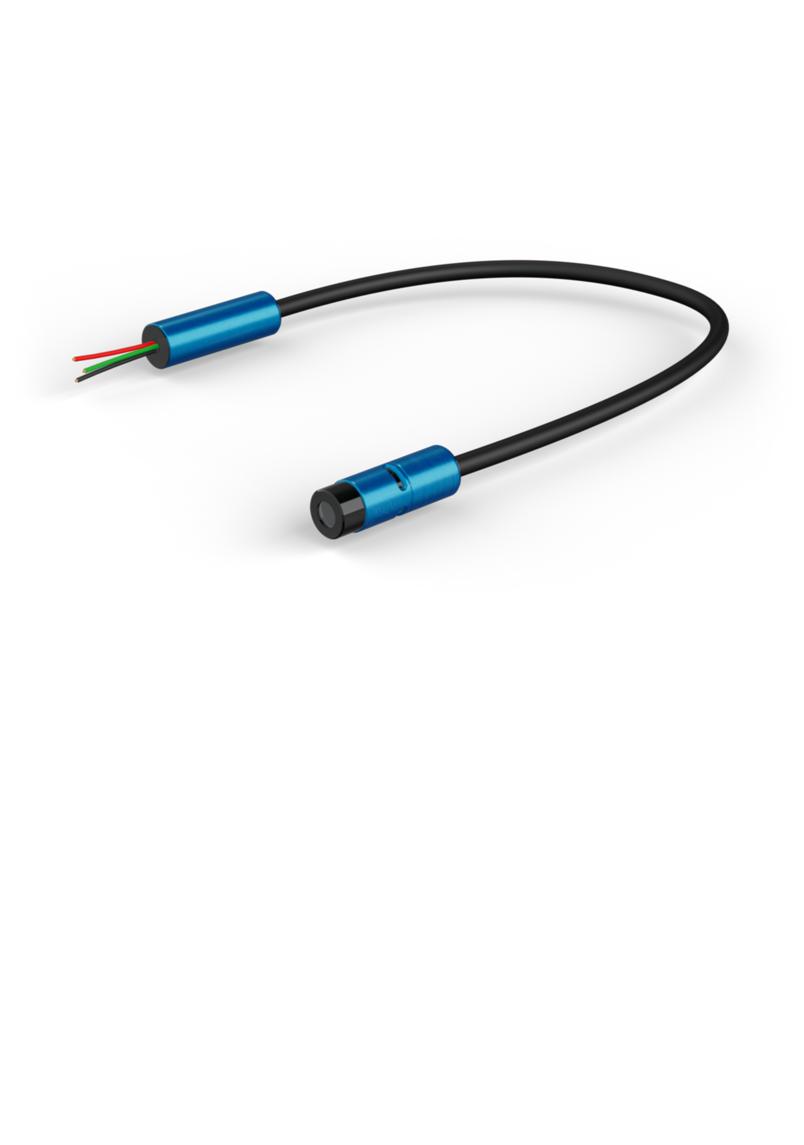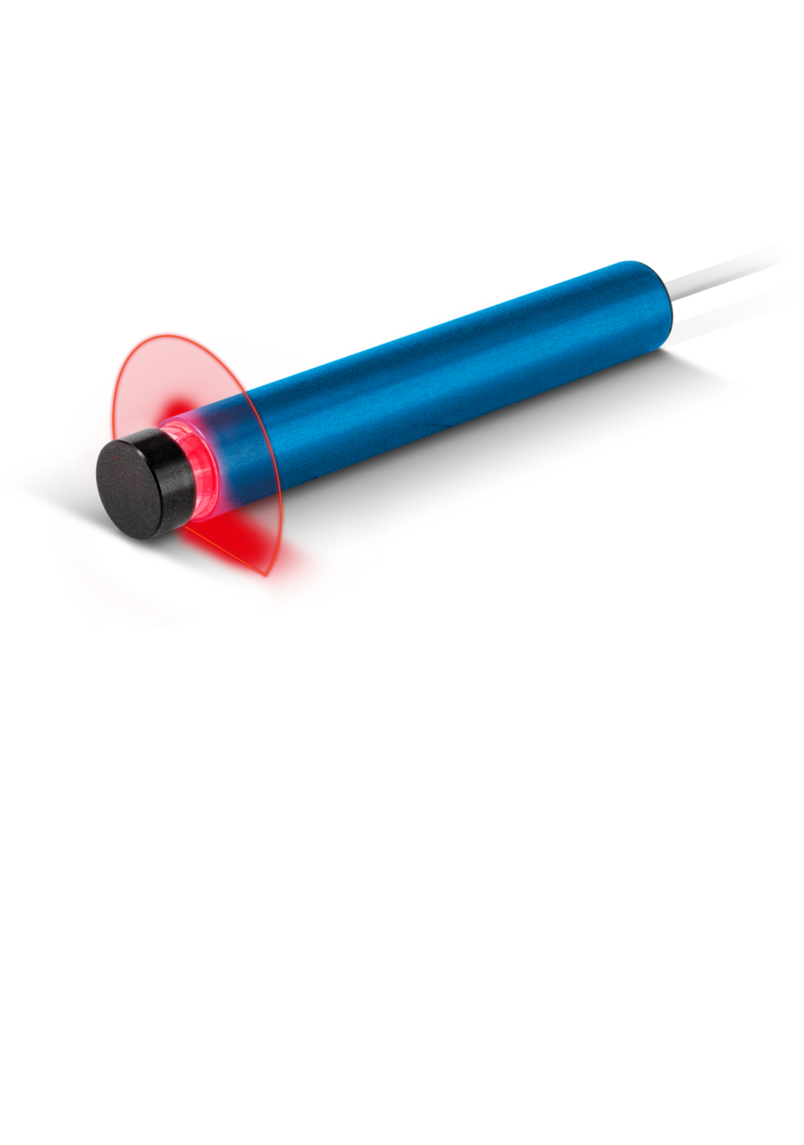Robots, lasers, and artificial intelligence
What sounds like a futuristic, sci-fi technology is now a real and powerful solution being used in the undersea domain. Three complex technologies have been developing, evolving, and being refined to help solve the toughest problems of our time. Finally, they have crossed paths: Subsea robots, lasers and artificial intelligence have been combined into one dynamic solution that will change the way we work underwater.
Robots, Lasers and AI
and how they work together
These three elements create a whole solution that is greater than the sum of its parts. The recently released SeaVision subsea 3D laser imaging system by Kraken Robotics may be mounted on any of a variety of Unmanned Underwater Vehicles (UUVs), depending on the type of challenge at hand. The FLEXPOINT® MVnano machine vision line laser from LASER COMPONENTS is integrated into the SeaVision system and enables high-resolution RGB laser line scanning. Different sets of RGB line laser modules with sub-millimeter line thickness scan the geometry of the object of interest.
3D information is captured and digitized. From this data a three-dimensional RGB image may be reproduced and analyzed.1 To take it a step further, GE’s Avitas Systems has partnered with Kraken Robotics to provide a data collection and analytics platform that enables systematic inspection.2 By employing artificial intelligence (AI), advanced physical modeling, and algorithms, the digitized 3D information can be autonomously acquired and used to detect features predictive of possible failures, take scientific data or discover and recognize underwater objects.
SeaVision is a trademark of Kraken Robotics, Inc.
The FLEXPOINT MVnano
Line Laser Enables Sub-Millimeter Resolution
The active agent of the vision system is the laser light beam that propagates directionally through the water. Unlike the human eye that relies on spatially distributed broadband light to illuminate an object, SeaVision relies on uniform lines of coherent laser light. Coherent light can be focused to small dimensions with far greater certainty than broadband light.
Using an advanced lens design, the elliptical output of the laser diode inside the FLEXPOINT® MVnano laser module is focused and shaped into a sharp line with uniform power distribution across its length. That line of light can be focused down to a thickness as small as 10 µm.3 Steerable line beams are propagated from the vision module to cross-sect the three-dimensional regions of interest.
With the use of two cameras and triangulation mathematics, the dimensions of the object can be reconstructed. There are various triangulation geometries and the use of AI optimizes the measurement methodology. The net result for the Kraken SeaVision design is resolutions from 0.1 to 3 mm at a 2 m scanning distance and 1.0 to 10.0 mm at 5 m scanning distance;
in RGB.4
Efficient Undersea Asset Inspection
Beyond Borders
Hovering unmanned underwater robots with lasers make subsea inspections more efficient and safer. Whether inspecting mooring chains for broken welds and corrosion or ship hulls for wear and man-made threats, both inspections require accuracy and efficiency. Offshore wind farms are a prospective viable energy source but face a naturally harsh environment that inflicts a price on operations costs. Corrosion, marine life, and the brutal forces of nature all put menacing wear and tear on offshore equipment.
The methods used to inspect the subsea portion of equipment often employ costly processes that rely on bulky, tethered remotely operated vehicles (ROVs), and ultimately in many cases under- water divers. The hovering unmanned robot, however, can navigate with agility to points of inspection, and maintain position with motion correction. With laser-based vision systems mounted, millions of dimensional data points can be taken in seconds.
The FLEXPOINT® MVnano line laser enables the high-resolution ability to measure and image fractures, rust, barnacle growth and other predictive indicators of failure modes. As the data sets are collected, the deeper learning programming of the AI then gets smarter and more intelligent in its ability to survey, identify, and predict failures. When process engineers think of continual improvement that leads to cost-saving efficiency, nothing could be more ideal.
Underwater Research
Beyond Borders
/ Seafloor Exploration and Inspection:
Sonar vs. Laser Imaging
Other cost saving surveys include inspections of pipelines, underwater cabling, marine anchor chains, ship hulls, and the like. In some cases, like with underwater discovery missions, sonar-based imaging is ideal for the bigger work and covers more ocean floor. There is always a trade-off between operating range vs. accuracy and resolution. Sonar- based systems can cover imaging swaths of hundreds of meters and can cover several square kilometers per hour.5 However, the resolution may be orders of magnitude less. So, when it comes time for the detailed inspection, the laser-based vision system can grab high-resolution sub-millimeter details.
/ Environmental and Scientific Research
Sensitive oceanographic and marine biology research will also greatly benefit from the sub-millimeter laser-based measurements. Coral reef growth and reef restoration projects have been underway for many years off the coast of Mexico and Honduras. With high accuracy laser-based 3D imaging and data control, the details of coral growth can be recorded with massive amounts of detail and acquisition intelligence.6 Coral surface area is a primary physical descriptor for quantification of physiological and biochemical parameters. Variation in coral growth rates can be monitored more accurately and then correlated with factors such as light exposure, water turbidity and temperature, algae concentration, sediment deposition distribution, salinity and so on. Reef restoration project teams will be better able to gauge progress and success by quantifying coral growth with greater resolution.
/ The Undersea Revolution
The scope of technological innovation has once again expanded to include the once unimaginable. The mission is simple: revolutionize our ability to see and know the undersea domain. As survey teams plan for next generation projects in asset inspection, exploration, and research, they are now resourced with the capability and capacity of their new underwater ally. The resultant force of underwater robots with SeaVision 3D imaging, MVnano line lasers and artificial intelligence propels the revolution in undersea vision and knowledge forward to new depths and illuminating frontiers.
Products
Laser Modules made for machine vision

Click here
References
Beyond Borders
1 https://krakenrobotics.com/products/seavision/
2 GE Reports (2017, Nov 29), Autonomous Undersea Robots Are Using Lasers to Make Offshore Operations Safer and More Efficient Retrieved from
https://gereports.ca/autonomous-undersea-robots-using-lasers-make-offshore-operations-safer-efficient/
3 Retrieved from:
www.lasercomponents.com/us/lasers/laser-modules/flexpoint-machine-vision-lasers/
4 Retrieved from:
https://krakenrobotics.com/products/seavision/
5 Retrieved from:
krakenrobotics.com/products
aquapix-insas/
6 Raz-Bahat, M., Faibish, H., Mass, T., Rinkevish, B., Limnology and Methodology, Three Dimensional Laser Scanning as an Effective Tool for Coral Surface Area Measurements
Retrieved from
aslopubs.onlinelibrary.wiley.com/doi/pdf/ 10.4319/lom.2009.7.657
Downloads
Beyond Borders
LASER COMPONENTS Germany - Your competent partner for optical and optoelectronic components in Germany.
Welcome to LASER COMPONENTS Germany GmbH, your expert for photonics components. Each product in our wide range of detectors, laser diodes, laser modules, optics, fiber optics, and more is worth every Euro (€/EUR). Our customized solutions cover all conceivable areas of application: from sensor technology to medical technology. You can reach us here:
Werner-von-Siemens-Str. 15
82140 Olching
Deutschland
Phone: +49 8142 2864-0
Email: info(at)

